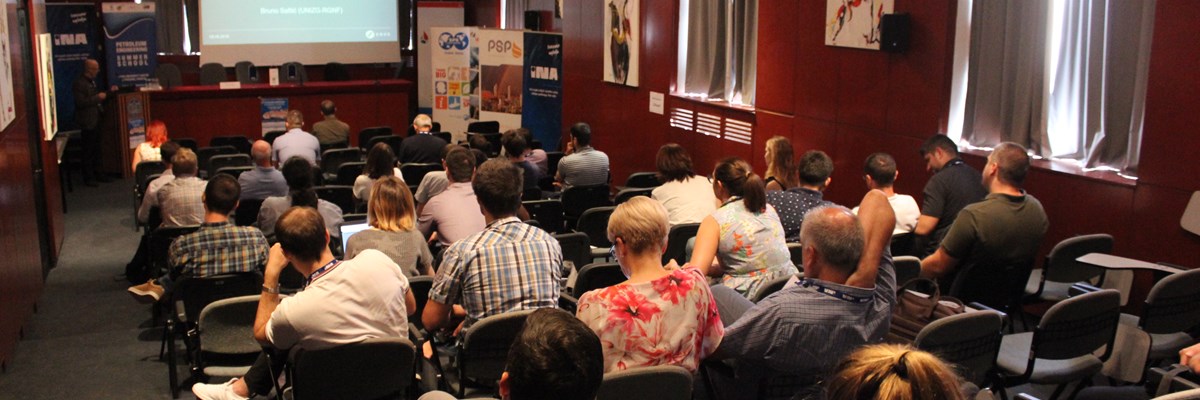ENOS engaged with Petroleum Engineering Summer School 2018

In liaison with ENeRG – the European Network for Research in Geo-Energy - ENOS project contributed to the organisation of the Petroleum Engineering Summer School (PESS 2018) at the Inter-University Centre (IUC) in Dubrovnik between 4 and 15 of June 2018.
The Summer Schools have been organised by the University of Zagreb, Faculty of Mining, Geology and Petroleum Engineering (UNIZG-RGNF) – the Croatian ENOS partner, for more than 30 years (the first PESS was held in 1987). Their subjects, invited lecturers and attendees have been evolving during the years, depending on what has been perceived to be the most interesting theme in this always developing profession. The basic format has, however, remained much the same – two weeks, each with a workshop of specific title (usually one upstream-oriented and one downstream-oriented) and with a marked possibility of interaction between the attendees and lecturers. The guest speakers or lecturers always used to be outstanding professors and experts from the USA, Europe and other regions.
The following theme was highlighted in the first week – MAKING PETROLEUM INDUSTRY GREENER (WORKSHOP 45, 4 – 8 June 2018). The common denominator of this part was how to revitalize mature fields with the contemporary EOR methods by injection of CO2, taking the climate change issues into account as well. While the first part of the workshop was mostly dedicated to Enhanced Oil Recovery, its second part focused on issues related to reduction of carbon dioxide emissions.
The last day of the workshop was in gestion of ENeRG and ENOS. Vit Hladik from CGS opened the day with a lecture “Rationale and principles of CCS”, then Bruno Saftić from UNIZG-RGNF gave a talk “CO2 geological storage options” and in the final part there was a most comprehensive lecture by Serge van Gessel from TNO titled “Energy Storage: opportunities and challenges from a subsurface perspective”. The pauses between the lectures were frequently prolonged due to the vivid discussions, most notably between the students and lecturers but also between the lecturers from the USA and from Europe comparing different approaches and development on the two continents in almost every aspect of EOR technology and CO2 geological storage related circumstances, plans, commitments and achievements.
Out of a total of 65 workshop participants, 26 were graduate students (18 from the USA and 8 from Croatia) and 39 were petroleum engineering or petroleum geoscience professionals (19 from Croatian companies, 10 from other countries and 10 affiliated with the University of Zagreb – Faculty of Mining, Geology and Petroleum Engineering itself).
The second week of PESS (WORKSHOP 46, 11 - 15 June 2018) consisted of two parallel courses – PETROLEUM SERVICES and ENERGY BUSINESS & NATURAL GAS VALUE CHAIN.
Details of both workshops and other information about PESS can be found at http://www.rgn-pess.com/.
Photo gallery


